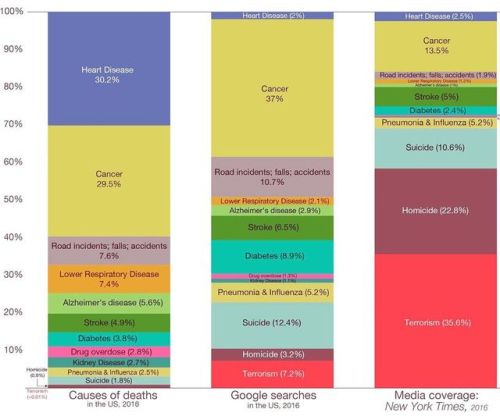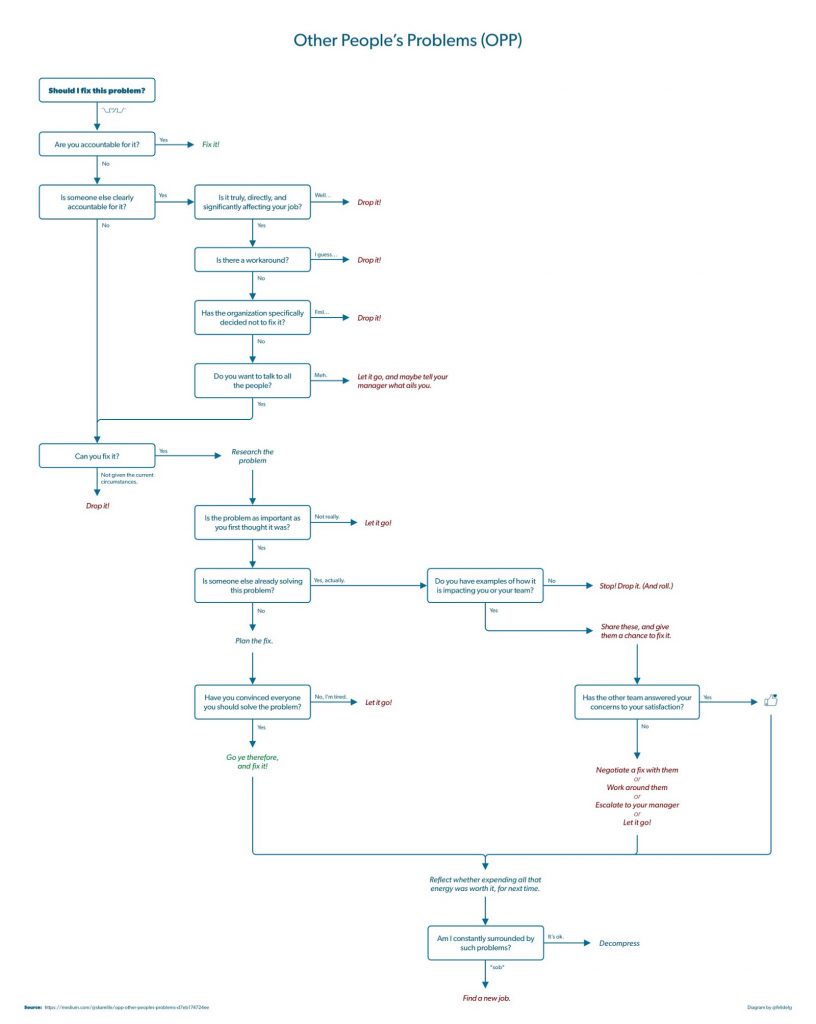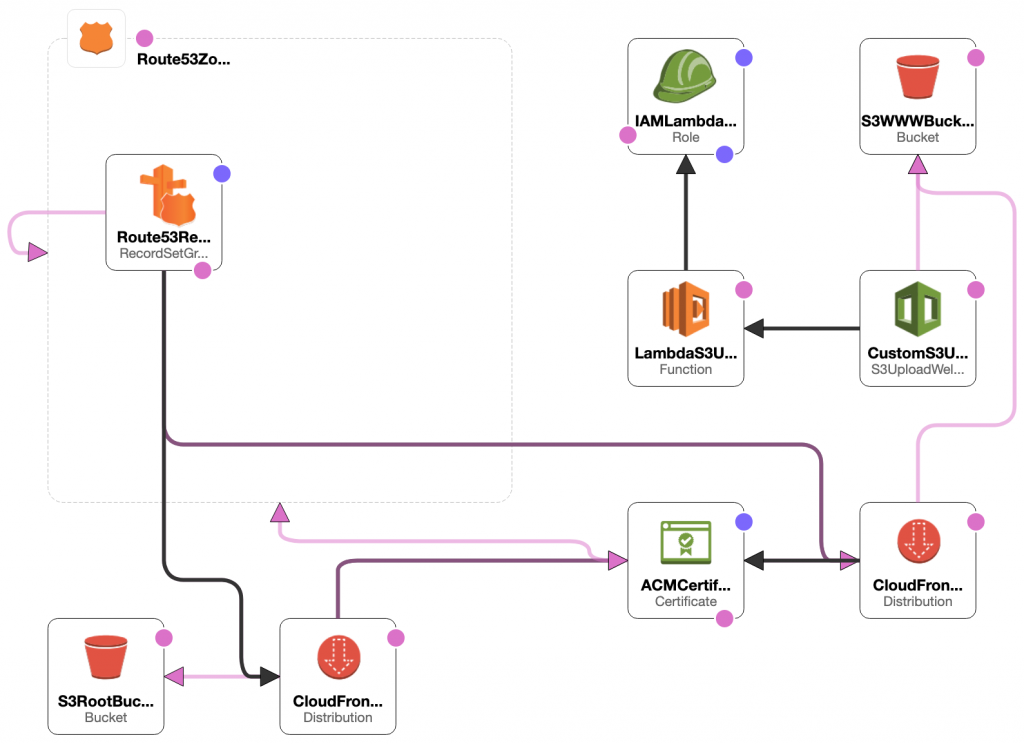
Via Col. Chris Hadfield.
All posts across the whole website belong to this category. They might also belong to some other categories as well, but this one holds all of them. Hence the descriptive name – All.

I really liked “OPP (Other People’s Problems)” article which talks about handling of responsibility for things that other people should be responsible for.
If you’re reading this looking for advice, you’re probably a go-getter. You consider yourself a responsible person, who cares deeply about doing things right. Your care may be focused on software and systems, or on people and organizations, or on processes and policies, or all of the above.
This attitude has probably served you well in your career, especially those of you who have been working for a number of years. You’ve been described as having a “strong sense of ownership,” and people admire your ability to think broadly about problems. You try to think about the whole system around a problem, and that helps you come up with robust solutions that address the real challenges and not just the symptoms.
And yet, despite these strengths, you’re often frustrated. You see so many problems, and when you identify those problems, people sometimes get mad. They don’t take your feedback well. They don’t want to let you help fix the situation. Your peers rebuff you, your manager doesn’t listen to you, your manager’s manager nods sympathetically and then proceeds to do nothing about it.
That kind of grinding frustration can wear you down over time. I know, because I’ve been there.
Not only the article describes the problem, but it provides a practical approach to dealing with it.
In the last few years, I was going through a very similar thinking process in my head, but I’m nowhere near the well-defined suggested approach. I wish I read this much earlier in my career. Much much earlier.

SCAR is a deployment stack for static websites. It’s not exactly a single-click process, but it is as simple as possible. The name is the abbreviation from the Amazon AWS services which are utilized for the deployment: S3, CloudFront, Amazon Certificate Manager, and Route 53.
The whole thing is built via the Amazon CloudFormation, and shouldn’t require much of tinkering with the services or reading lengthy documentation pages. This bit should also motivate you to try it out:
How much will this cost?
For most sites, it will likely cost less than $1 per month. The cost for a Route 53 hosted zone is fixed at $0.50/month; the remaining CloudFront and S3 costs depend on the levels of traffic, but typically amount to a few cents for small levels of traffic.

A while back I blogged a collection of “Falsehoods programmers believe about …“. One of those things was time. Today I came across a nice addition to that – “Falsehoods programmers believe about Unix time“.
These three facts all seem eminently sensible and reasonable, right?
1. Unix time is the number of seconds since 1 January 1970 00:00:00 UTC
2. If I wait exactly one second, Unix time advances by exactly one second
3. Unix time can never go backwards
False, false, false.
All three of these are false and for the same reason – leap seconds. The article provides a nice and easy explanation of how and why that happens.